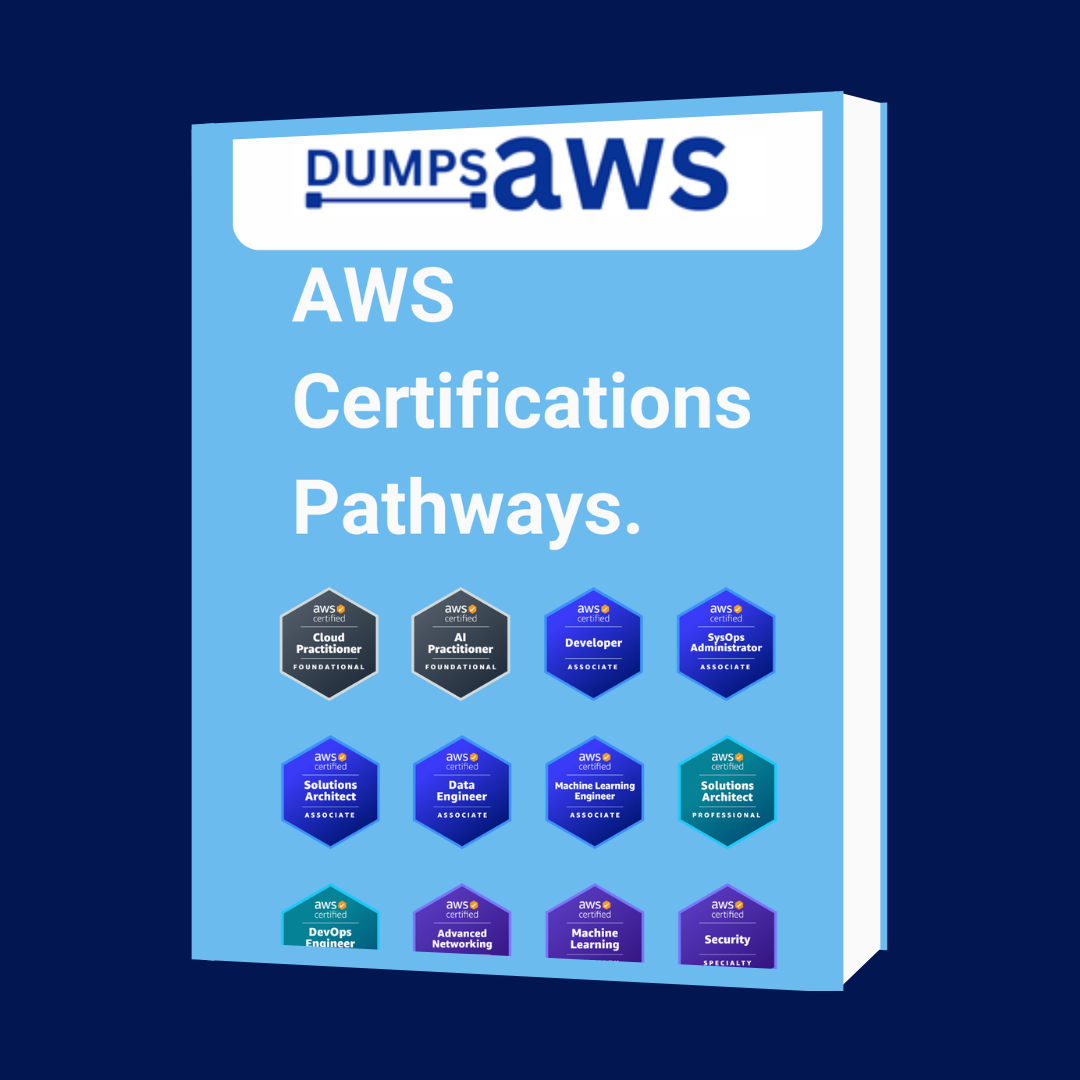If you’ve already conquered the AWS Certified AI Practitioner Fundamentals exam, the next step in your cloud journey is to tackle the new AWS Certified Machine Learning Engineer Associate exam. This exam is still in beta at the time of writing, and having recently passed it, I’m here to share my insights to help you prepare and succeed.
What Is the AWS Machine Learning Engineer Exam?
The AWS Certified Machine Learning Engineer exam is a comprehensive certification that covers a wide range of machine learning (ML) and cloud infrastructure topics. Here’s a snapshot of the core areas you’ll encounter:
- Machine Learning Fundamentals: General theory, algorithms, and workflows.
- SageMaker: Including SageMaker Algorithms, subservices (like Data Wrangler, Model Monitor, and Clarify), and infrastructure setup.
- MLOps Workflows: Designing and managing machine learning pipelines.
- Data Engineering: Managing and transforming large datasets for ML.
- Generative AI: Basic understanding of AI services like AWS Bedrock.
- Security for ML: Ensuring secure ML operations and deployments.
The exam is focused on hands-on skills, with a large emphasis on implementing and managing ML systems, especially using AWS services like SageMaker, EC2, Glue, Lambda, and S3. You’ll also encounter AI-specific services like Transcribe, Textract, and Comprehend.
Key Prerequisites for the Exam
While there are no official prerequisites, here’s what I recommend to set yourself up for success:
- Cloud Fundamentals: Pass the AWS Cloud Practitioner and Solutions Architect Associate exams to build a solid foundation in AWS cloud architecture.
- AI and ML Foundations: Completing the AWS AI Practitioner exam will give you essential background knowledge in machine learning.
- Data Engineering: The AWS Certified Data Engineer Associate exam covers overlapping material, especially in areas related to data processing.
- Education and Experience: A Bachelor’s degree in Computer Science (or equivalent experience) and several years in IT will be highly beneficial. A basic understanding of AI and ML is essential.
In my case, I have a Master’s degree in Computer Science, nine AWS certifications, five years of IT experience, and limited AI/ML expertise. If your background is similar, you’re in a good position to pass this exam.
How to Prepare for the Exam
- Read the Exam Guide: AWS provides a detailed exam guide that outlines the domains and services you’ll be tested on. This should be your roadmap.
- Take a Course: I used Frank Kane and Stéphane Maarek’s course on Udemy, which covers all the essential topics in detail. This is an excellent resource, and I found it sufficient for passing the exam.
- Practice with Exam Questions: Test your knowledge using practice exam questions. I found Maarek’s practice set on Udemy, along with AWS’s own Skillbuilder practice exam, to be very helpful.
- Hands-On Experience: Make sure to get real-world experience with AWS services, especially SageMaker. The exam is scenario-based, so practical knowledge is key.
My Experience with the Exam
At the time of writing, the exam has been live for about three weeks. Like the AI Practitioner exam, the beta version includes 85 questions with a 170-minute time limit (or 200 minutes with the non-native English speaker time bonus). In the final version, you can expect 65 questions in 130 minutes.
Here are a few things I can share (without violating the NDA):
- Most questions were brief and straightforward.
- A significant number of questions were scenario-based, requiring trade-off decisions.
- Some questions were very easy, while others were more challenging, particularly those involving ML theory and SageMaker algorithms.
- There were also a few questions on Generative AI, but this topic is more relevant to the AI Practitioner exam.
Once you complete the exam, results are typically available within 24 hours (or up to five business days). In my case, I received my results within three hours, along with the corresponding Credly badge.
Conclusion and Next Steps
The AWS Certified Machine Learning Engineer exam is a comprehensive test that requires a broad understanding of machine learning and AWS services. However, it’s not necessary to know every detail. If you have strong foundational knowledge and practical experience, you can pass the exam, even with a few weak spots.
Looking ahead, the AWS Machine Learning Specialty exam is a logical next step if you want to dive deeper into ML theory and advanced techniques. I haven’t taken it yet, but it’s on my list for the future!
Good luck with your certification journey!






